How Britain changed over Queen Elizabeth’s reign
From Winston Churchill to Boris Johnson, the nation was transformed during her 70 years on the throne
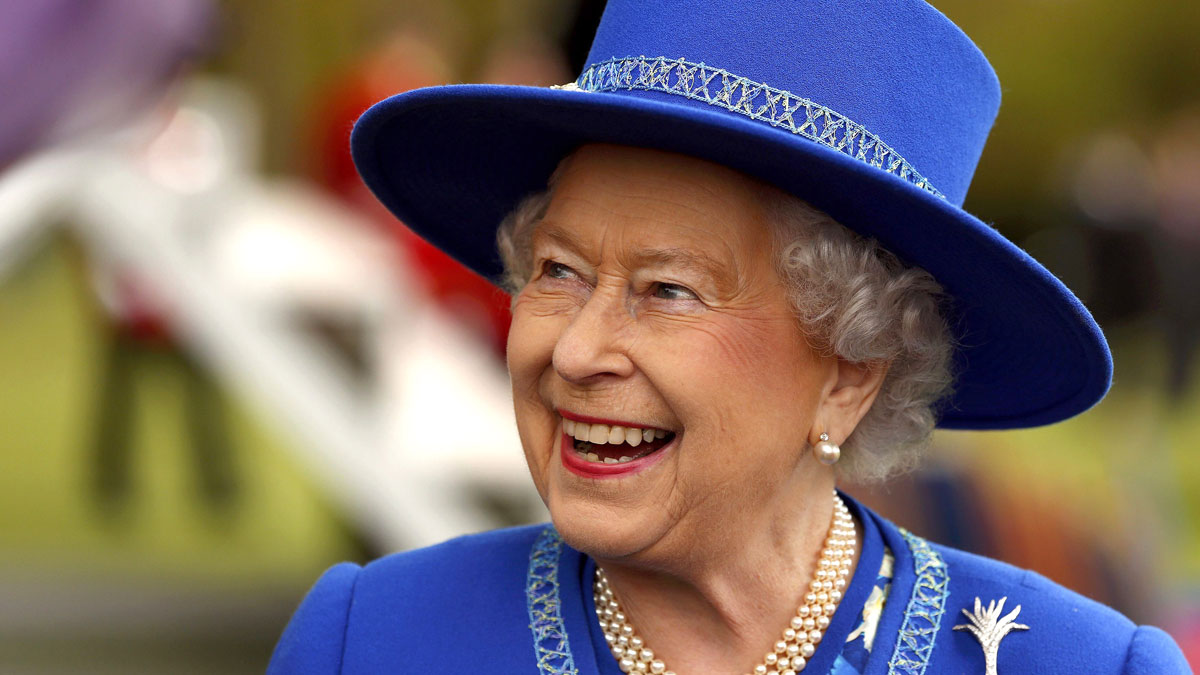
A free daily email with the biggest news stories of the day – and the best features from TheWeek.com
You are now subscribed
Your newsletter sign-up was successful
“Change has become a constant,” said the Queen as she addressed Parliament during her Golden Jubilee in 2002; “managing it has become an expanding discipline.”
The monarch certainly spoke from experience. Britain changed dramatically during her 70 years on the throne. Here are some of the most memorable and consequential moments during Elizabeth’s reign.
Television switches on
The Week
Escape your echo chamber. Get the facts behind the news, plus analysis from multiple perspectives.

Sign up for The Week's Free Newsletters
From our morning news briefing to a weekly Good News Newsletter, get the best of The Week delivered directly to your inbox.
From our morning news briefing to a weekly Good News Newsletter, get the best of The Week delivered directly to your inbox.
When Elizabeth was crowned on 2 June 1953, hers was the first coronation to be televised, with 27 million people in the UK gathering around “newly-purchased television sets”, noted the Science Museum.
“Homes, pubs and community centres were packed with people, all eyes fixed on the grainy, black-and-white images.”
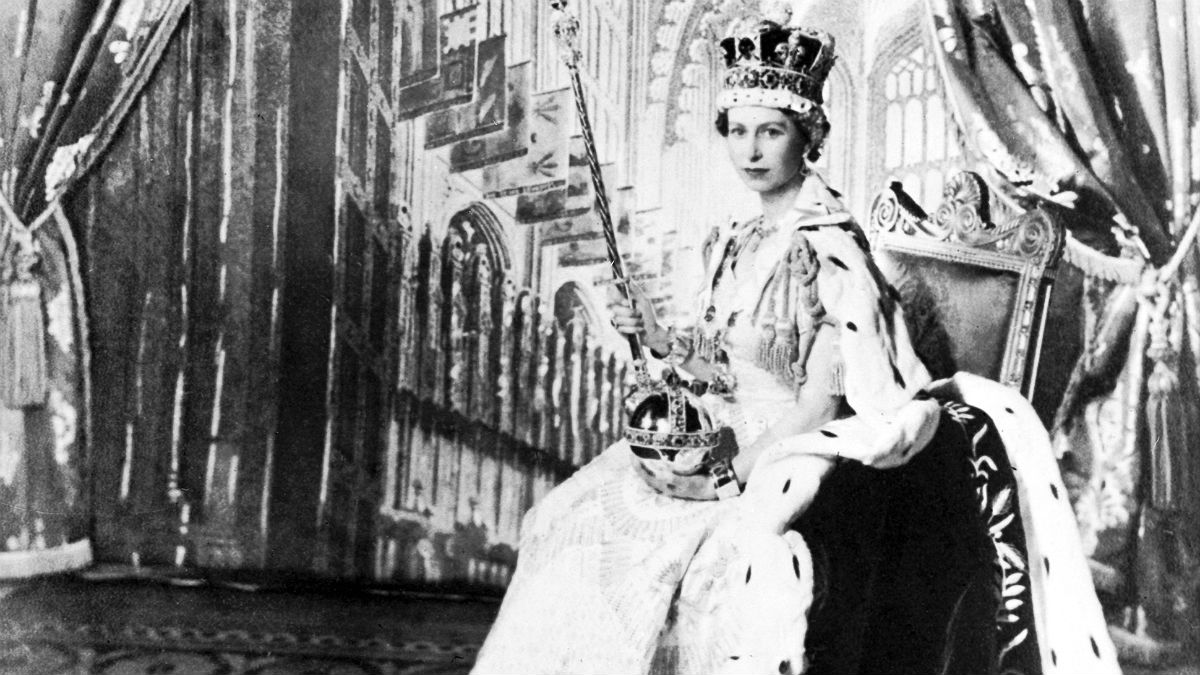
Previously, people received their news from radio and newspapers, but television began its rise in the 1950s and 1960s, with commercial television joining the BBC and colour television gradually usurping black and white.
The very source of the electricity that powered televisions was another part of British life that changed in the early years of her reign. Britain opened the world’s first full-scale nuclear power station in 1956, when Queen Elizabeth herself switched on Calder Hall in Cumbria, reported World Nuclear News.
A free daily email with the biggest news stories of the day – and the best features from TheWeek.com
Swinging Sixties
At the start of her reign, rock and roll was just emerging in the US. During the following decade, the UK became a centre of the genre, with the Beatles and the Rolling Stones coming to dominate the music scene.
The 1960s were years of dramatic change in the UK. In 1965, Britain abolished the death penalty in cases of murder, when Her Majesty signed the Murder (Abolition of Death Penalty) Act, prohibiting capital punishment. Other changes during the decade included the legalisation of abortion and homosexuality, both in 1967.
European Union
During a royal tour of Australia and New Zealand in 1970, Elizabeth “bucked centuries of royal tradition” when she took a casual stroll to greet crowds of people in person, rather than “wave to them from a protected distance”, said History.com. This changed her engagements in Britain, allowing the public a closer connection to her and her family.
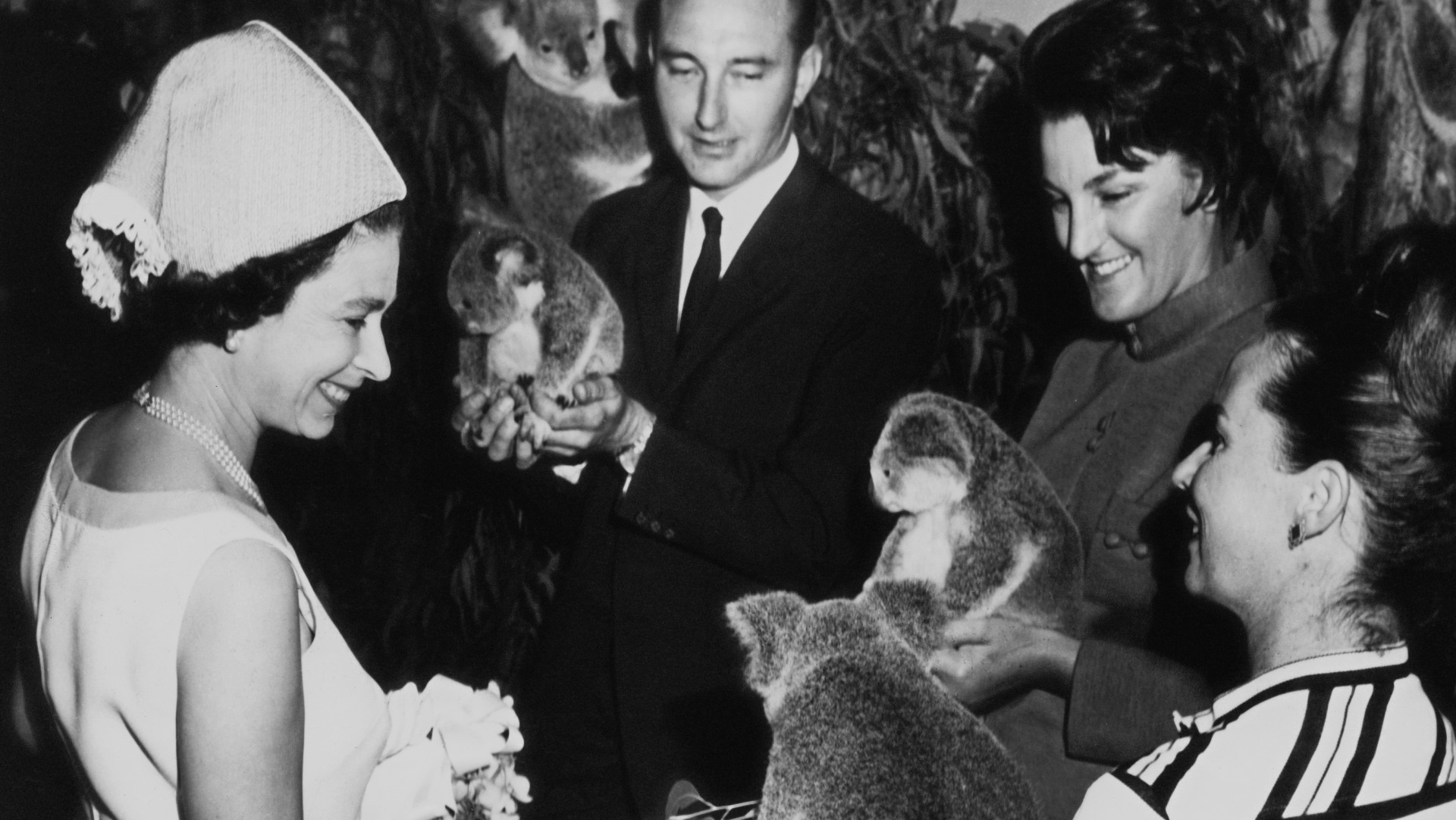
In 1973, Britain joined the European Economic Community. A Union Jack was raised at the EEC’s headquarters in Brussels to mark the occasion, noted the BBC. Prime Minister Edward Heath said there would be a “great cross-fertilisation of knowledge and information, not only in business but in every other sphere”.
Lord Mountbatten, a distant cousin of the Queen’s, was killed aged 79 in an explosion on his boat off the Irish coast on 27 August 1979. The Queen received messages of condolence from leaders including US President Jimmy Carter and Pope John Paul II.
The Thatcher years
The 1970s had ended with Margaret Thatcher becoming Britain’s first female prime minister. During the following decade, Thatcher changed the face of the UK, not least by privatising companies including British Gas, British Airways, the National Bus Company and Rolls-Royce.
The marriage of Prince Charles and Lady Diana Spencer took place on 29 July 1981. Watched by a global television audience of 750 million in 74 countries, with 600,000 lining the streets of London, it was a highpoint in the popularity of the Royal Family.
But the decade also saw discord and conflict. The Troubles in Northern Ireland, which had intensified in the early 1970s, saw the death in prison in 1981 of IRA hunger striker Bobby Sands after 66 days of refusing food. The 27-year-old was demanding political status for republican prisoners.
On 2 April 1982, Argentina invaded the Falkland Islands, and the UK, which had ruled the islands for 150 years, launched a war that lasted 74 days. British forces regained control of the Falklands on 14 June, but not before 649 Argentinian and 255 British service personnel, and three islanders, lost their lives.
The 1980s ended with a significant invention from Englishman Tim Berners-Lee: the world wide web.
The death of Diana
A decade known for Cool Britannia and the rise of Tony Blair was, for Her Majesty, dominated by the death of Diana, Princess of Wales, in a car crash in Paris. In a statement, Buckingham Palace said the Queen and Prince Philip were “deeply shocked and distressed” by the news.
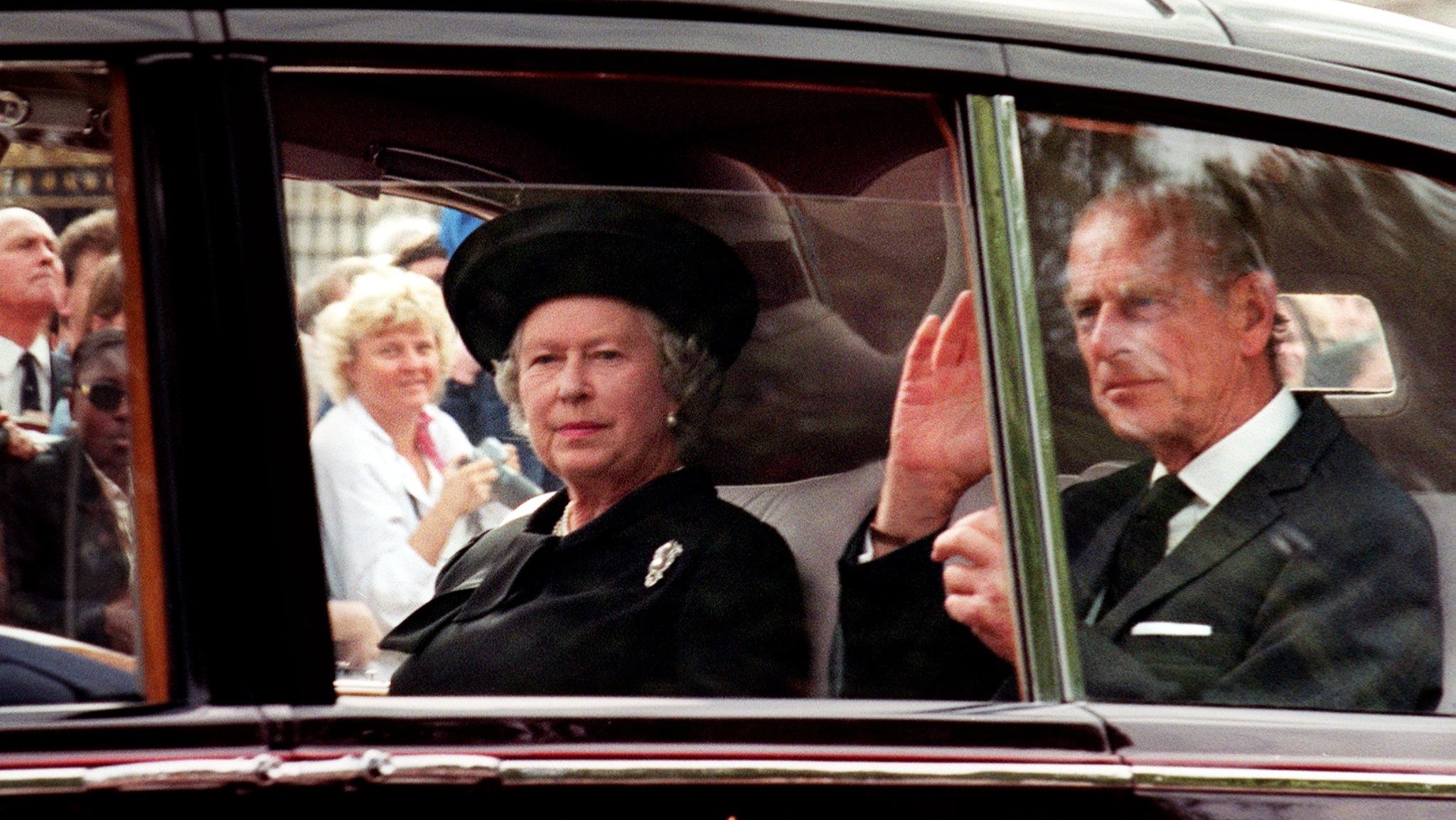
Around one million people lined the streets to see the princess’s funeral cortege as it made its way to Westminster Abbey. The BBC said the death, “and the public's response to it, shook the House of Windsor”. The “public backlash” meant that the week after Diana’s death “was the worst of the Queen’s reign”.
Other upheaval during the decade included Britain handing Hong Kong back to China, the first women priests being ordained, and the Good Friday Agreement establishing a devolved Northern Irish assembly
The Queen saw out the decade – and the century and indeed millennium – at the Millennium Dome in London.
The 21st-century queen
The early years of the new century were dominated by warfare. After the September 11 attacks in the US, the UK military joined the invasions of Afghanistan and Iraq. Some 457 British personnel were killed in Afghanistan, while 179 died in Iraq.
In April 2011, the Queen’s grandson, Prince William, married Kate Middleton at Westminster Abbey in London. Hundreds of millions of people were estimated to watch the proceedings worldwide on television, said the BBC.
The following year, the Queen shook hands with the Sinn Féin politician and former IRA commander Martin McGuinness. The symbolic handshake came 14 years after the Good Friday Agreement.
In 2020, the Queen gave a rare speech to the public (other than her annual Christmas Day address) after coronavirus pushed the country into a strict lockdown. Nearly 24 million people tuned in to hear her praise the nation for coming together and end with the words “we will meet again”. A year later, her husband Philip died at the age of 99 and she began to take a step away from the limelight.
In September 2022, Liz Truss became the 15th prime minister of the Queen’s reign, a chain that had begun with Winston Churchill. Once when asked which PM she enjoyed meeting with most, she replied: “Winston of course, because it’s always such fun,” said CNN.
The future of her nation is uncertain, after Britain voted to leave the European Union in 2016, and support for independence in Scotland, Northern Ireland and Wales is growing. Change, as she said, does seem to be a constant.
Chas Newkey-Burden has been part of The Week Digital team for more than a decade and a journalist for 25 years, starting out on the irreverent football weekly 90 Minutes, before moving to lifestyle magazines Loaded and Attitude. He was a columnist for The Big Issue and landed a world exclusive with David Beckham that became the weekly magazine’s bestselling issue. He now writes regularly for The Guardian, The Telegraph, The Independent, Metro, FourFourTwo and the i new site. He is also the author of a number of non-fiction books.
-
 What to know before filing your own taxes for the first time
What to know before filing your own taxes for the first timethe explainer Tackle this financial milestone with confidence
-
 The biggest box office flops of the 21st century
The biggest box office flops of the 21st centuryin depth Unnecessary remakes and turgid, expensive CGI-fests highlight this list of these most notorious box-office losers
-
 The 10 most infamous abductions in modern history
The 10 most infamous abductions in modern historyin depth The taking of Savannah Guthrie’s mother, Nancy, is the latest in a long string of high-profile kidnappings
-
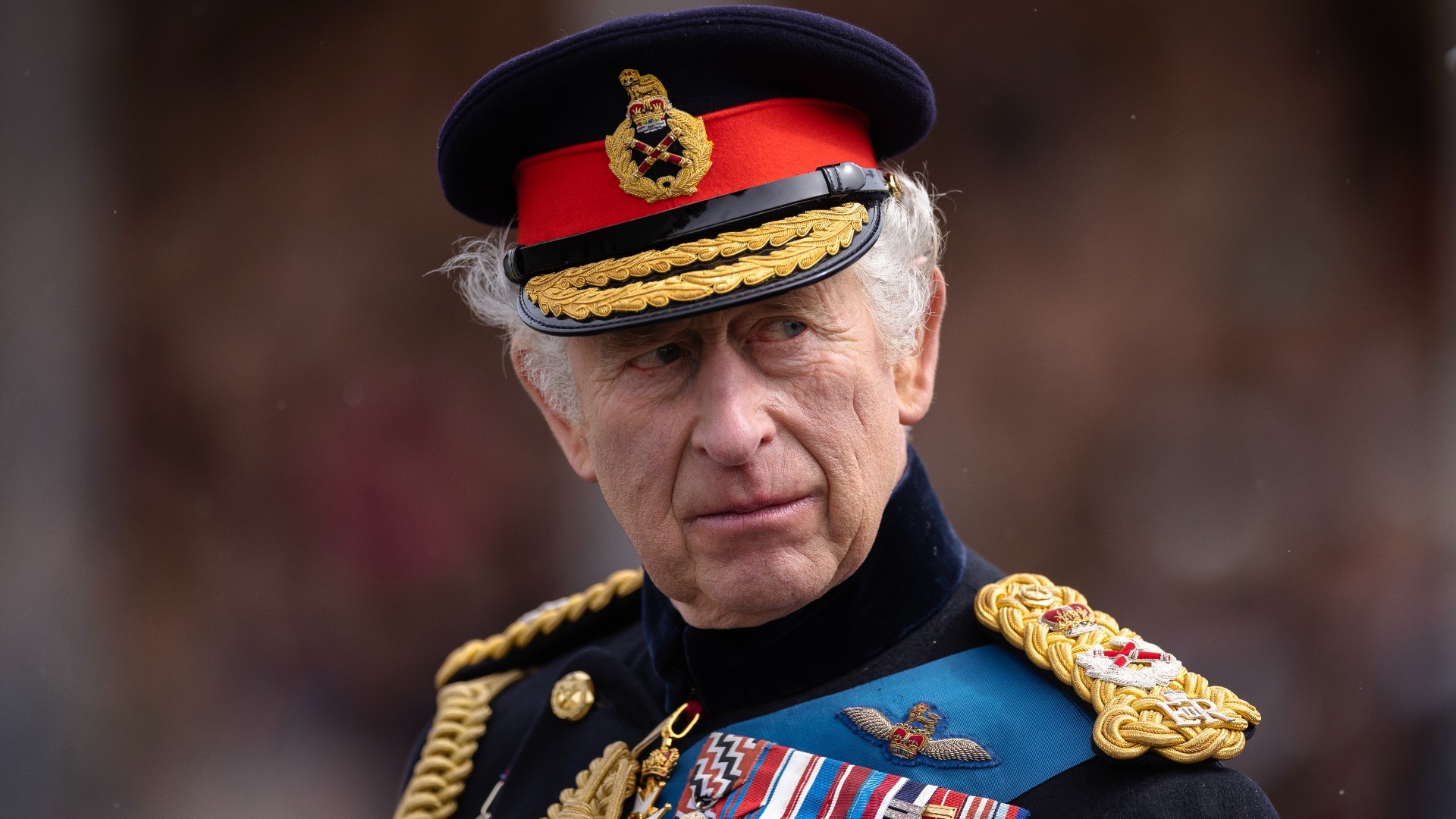 King Charles at 75: how the monarch has made his mark
King Charles at 75: how the monarch has made his markTalking Point 'Modernising monarch' puts change on hold in first year in favour of stability and continuity
-
 Royal family website attacked by Russian hackers
Royal family website attacked by Russian hackersSpeed Read Pro-Kremlin group claim responsibility just two weeks after King Charles condemns invasion of Ukraine
-
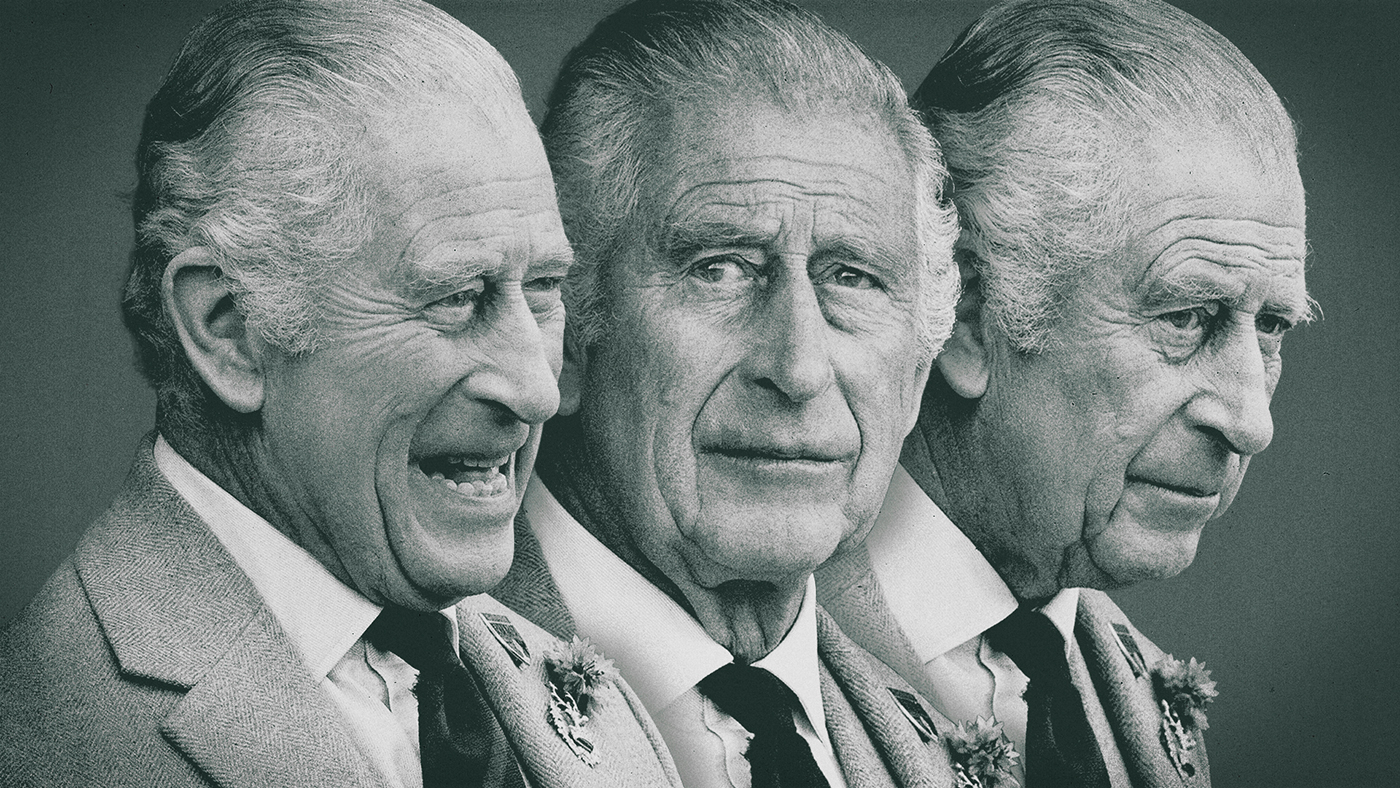 What have we learned in King Charles’s first year?
What have we learned in King Charles’s first year?Today's Big Question The monarch is ‘stamping his personality’ on the role and is definitely not a ‘caretaker’, says Palace source
-
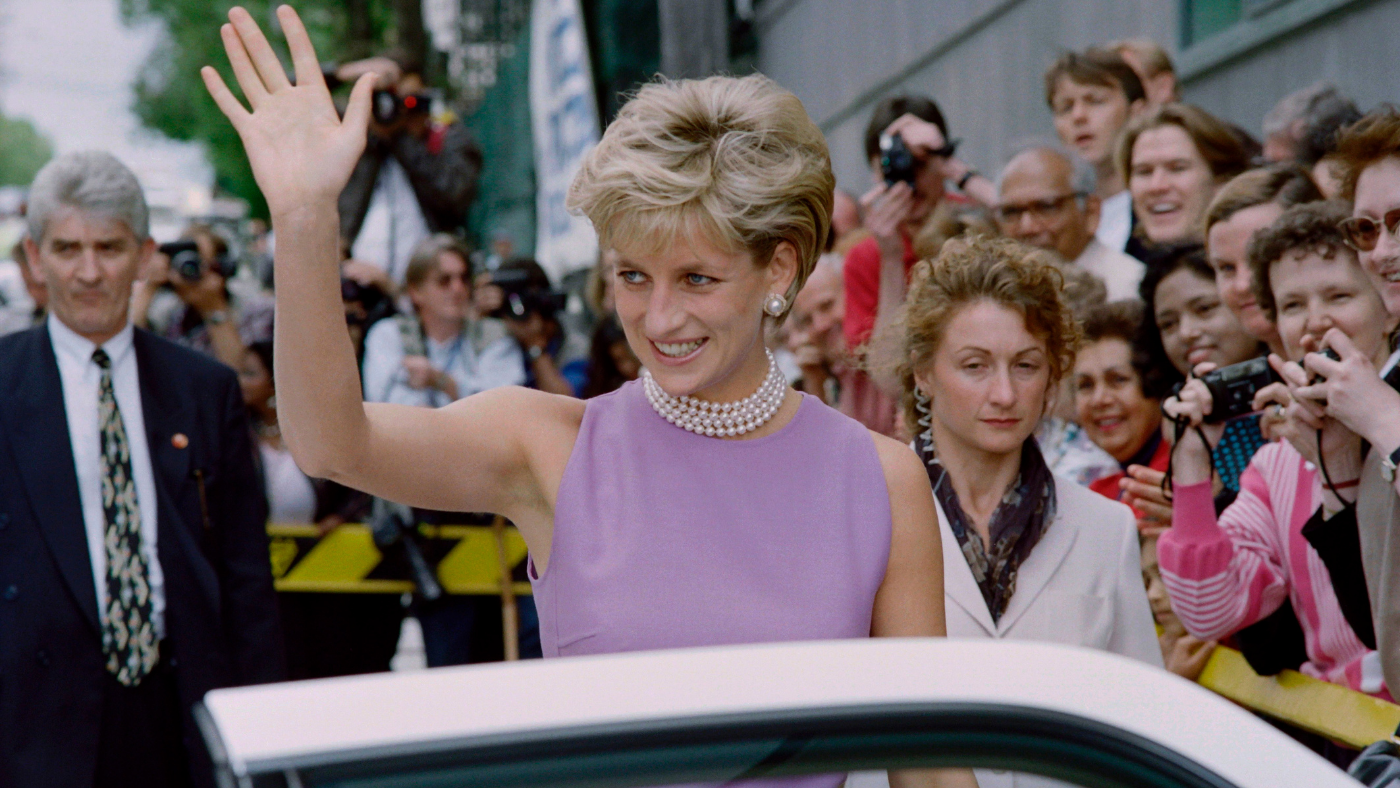 Princess Diana escaped by doing Wayne Sleep’s dishes
Princess Diana escaped by doing Wayne Sleep’s dishesfeature And other stories from the stranger side of life
-
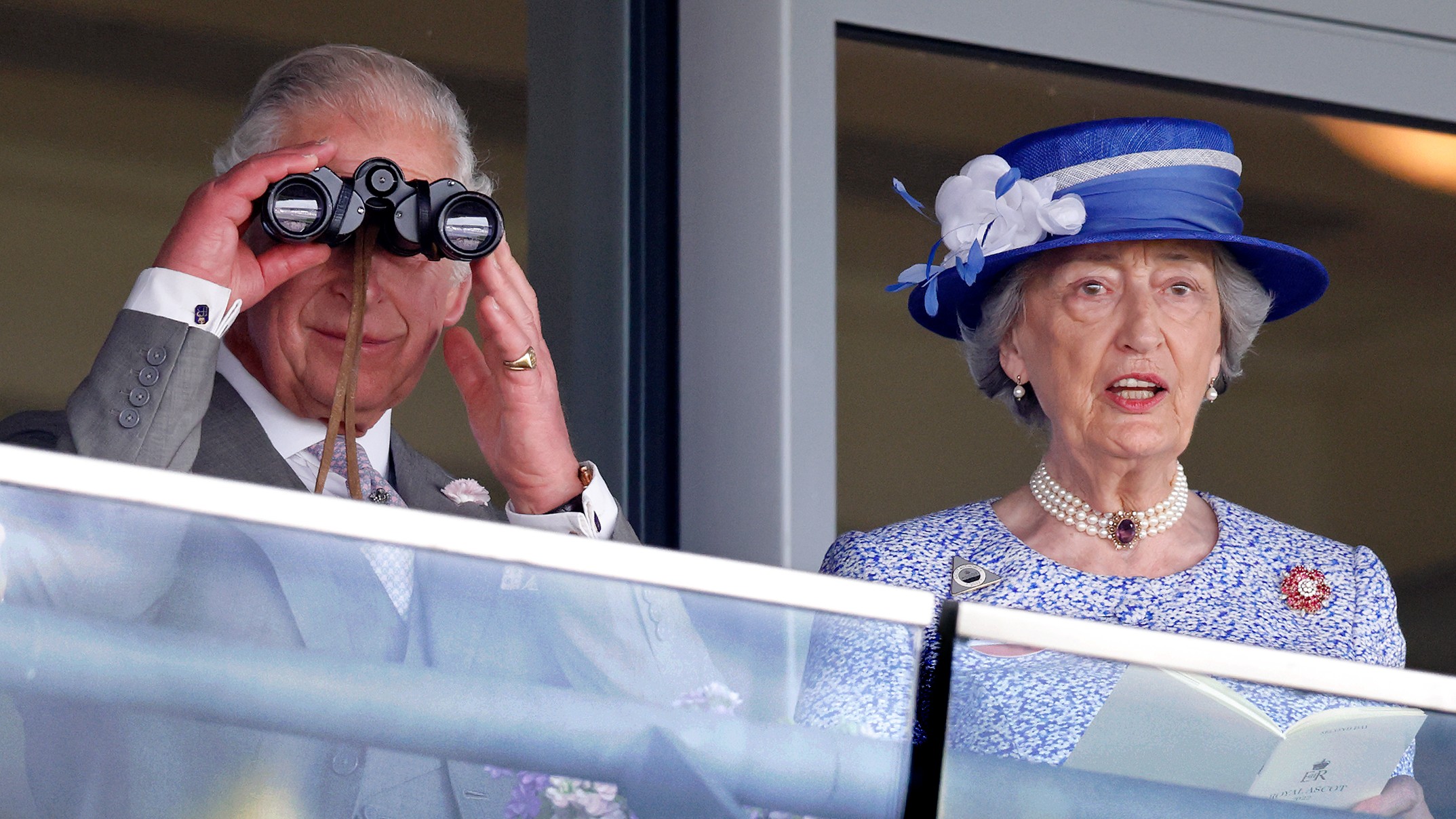 Lady-in-waiting Susan Hussey resigns over racist ‘abuse’ row
Lady-in-waiting Susan Hussey resigns over racist ‘abuse’ rowSpeed Read Palace aide repeatedly asked where black charity boss was ‘really’ from during royal reception
-
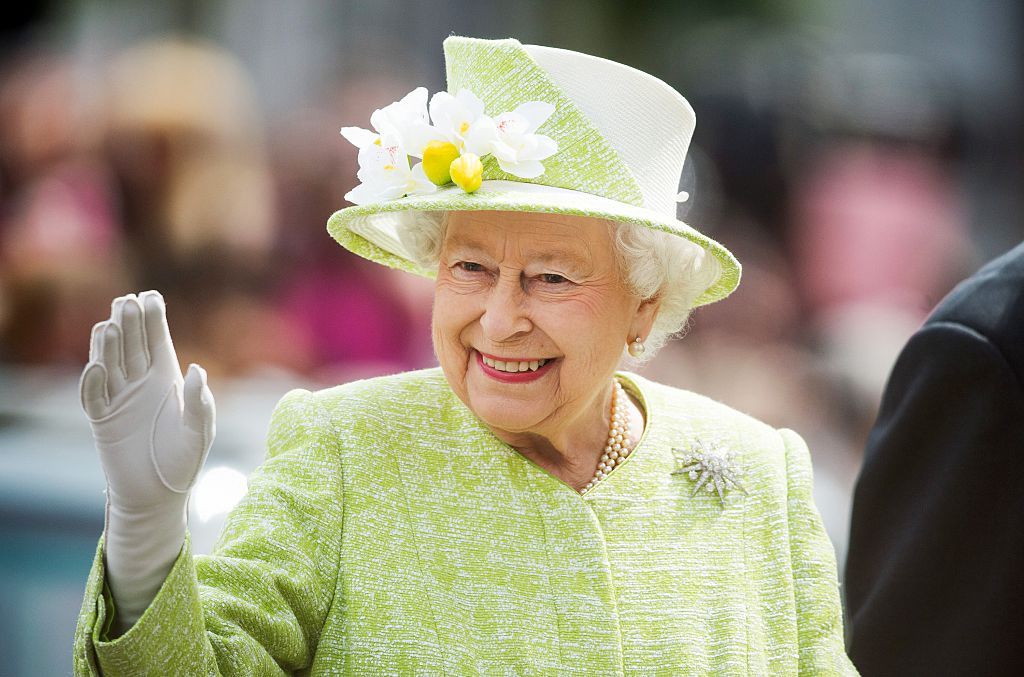 Queen Elizabeth II died of 'old age,' death certificate says
Queen Elizabeth II died of 'old age,' death certificate saysSpeed Read
-
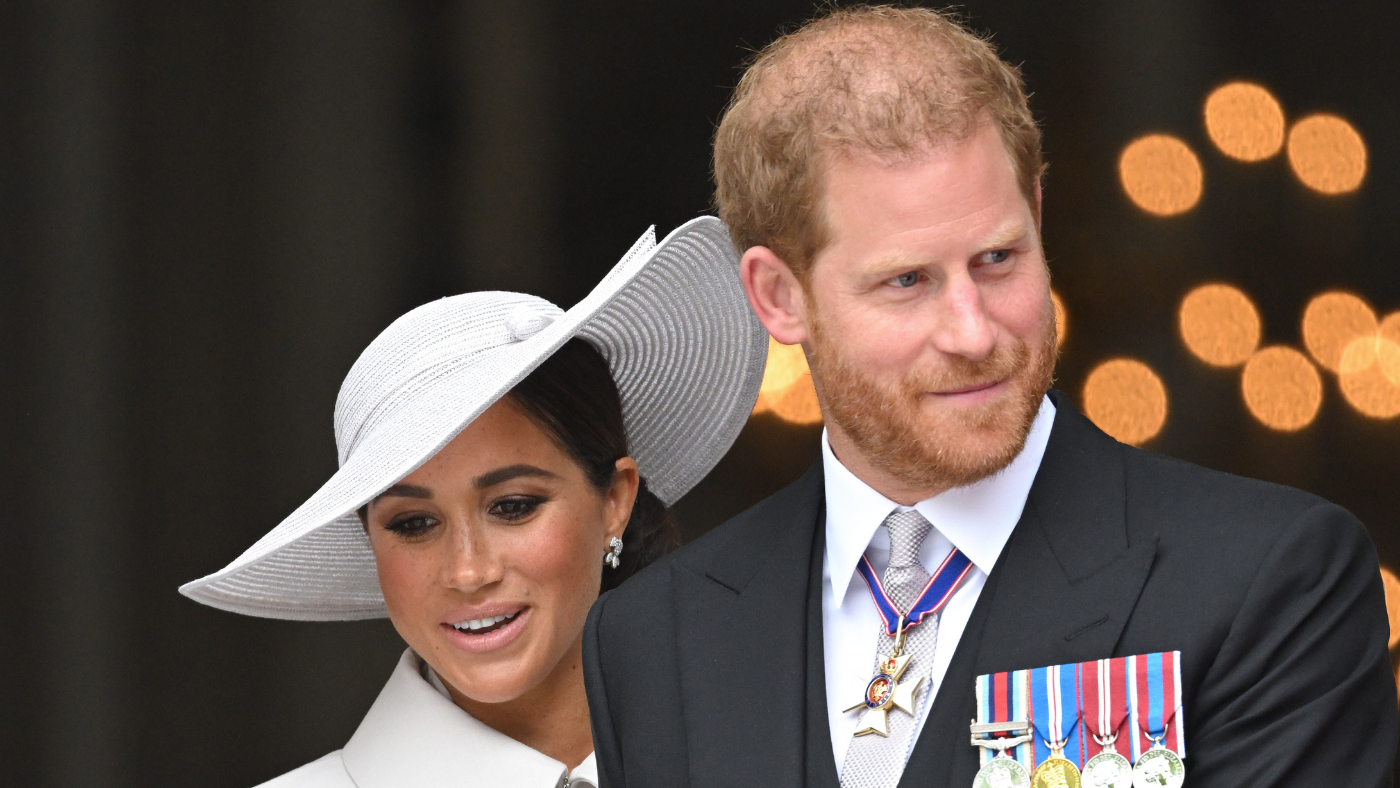 Spare: the leaks, the quotes, the damage
Spare: the leaks, the quotes, the damageUnder the Radar New book set to reveal details of alleged physical confrontation between Harry and William
-
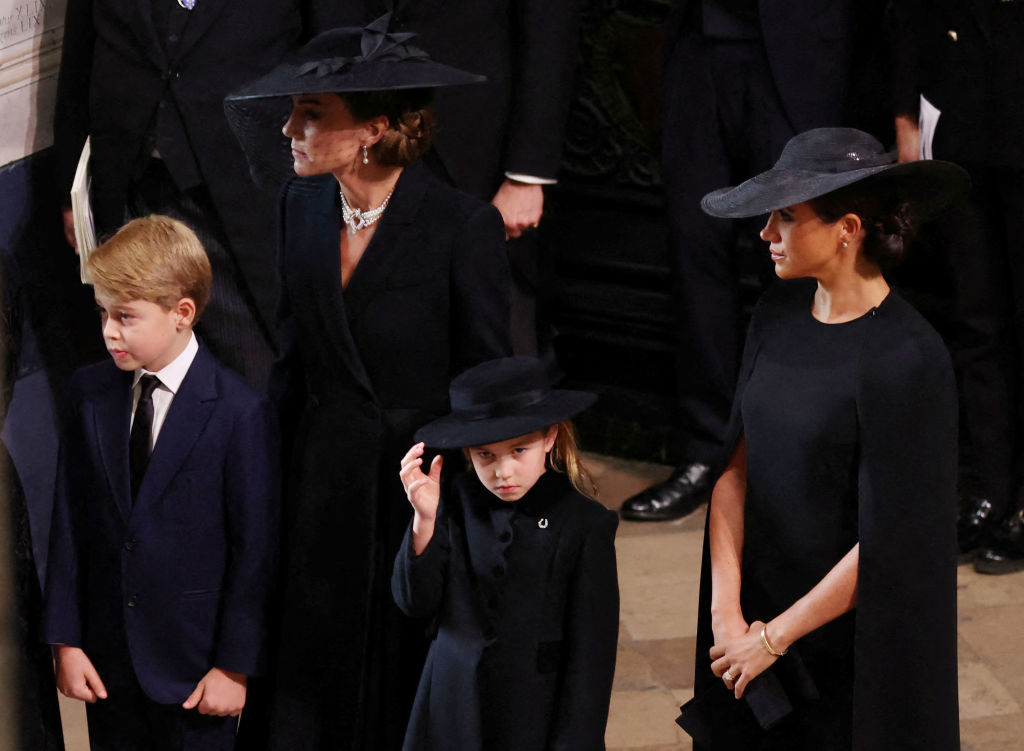 Princess Charlotte wears horseshoe brooch that the queen gave her at funeral
Princess Charlotte wears horseshoe brooch that the queen gave her at funeralSpeed Read